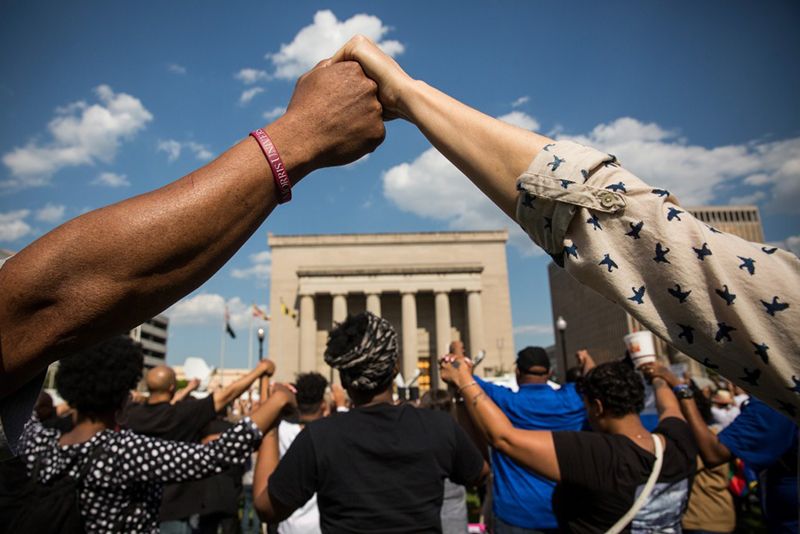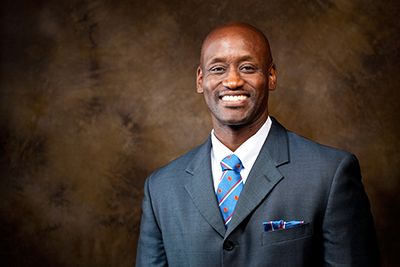Race

RACE: REDISCOVERED, UNRESOLVED/HNRC 4013H
MONDAYS, 2-4:50 p.m., FALL 2017
In 1900 at the First Pan African Conference and again in 1903 in his seminal work The Souls of Black Folk, William Edward Burghardt DuBois, a noted African American scholar and journalist, predicted that managing issues tied to “the color line” would prove to be the most salient challenge for the United States and other white western nations throughout the twentieth century. During the time that DuBois made this argument, European nations established and/or managed numerous colonies in Africa, Asia and the Middle East while whites in the United States erected a Jim Crow system that systematically limited the opportunities of African Americans and other non-whites.
Numerous events around the world demonstrated the profound accuracy of DuBois’ early forecast. As the decades of the century passed, people with dark skin fought globally for political independence. In the United States, African Americans struggled to gain political voice, social and economic rights, and equal protection before the law. The election of the nation’s first African American president, Barack Hussein Obama, in 2008 motivated many pundits to opine that serious “color line” challenges had ended. For them, the United States had finally become a post-racial society. Reflective of this new and popular sentiment was an article published by Forbes in December 2008, written by John McWhorter, a senior fellow at the Manhattan Institute. McWhorter’s piece answered the question of whether American society had moved beyond racism by boldly declaring, “I say the answer is yes. Of course, nothing magically changed when Obama was declared president-elect. However, our proper concern is not whether racism still exists, but whether it remains a serious problem. The election of Obama proved, as nothing else could have, that it no longer does.”
Today, the ascendency of Donald Trump to the nation's highest office has completely silenced the post-racial proponents. Trump rose to power on rhetoric that used race and ethnicity as significant markers of needed policy changes that would serve to "make America great again."
Also, the vast number of highly publicized police shootings of unarmed African Americans and the array of race-related protests on college campuses reveal not only the unchallengeable relevance of race but also a nation searching for adequate remedies to address this pandemic scourge. The purpose of this course will be to examine the historical evolution of race in the United States and to analyze its lingering impact on systemic functions, popular attitudes, and the national identity.
About Charles Robinson: 
Charles Robinson is the Vice Chancellor for the Division of Student Affairs and a
professor of history at the University of Arkansas. He received a Bachelor of Arts
degree in history at the University of Houston, graduating with honors; a Master's
Degree in history at Rice University and a Ph.D. in history at the University of Houston.
Robinson has been a college professor for more than 20 years and served as vice chancellor
of diversity and community prior to his current position. He has published four books:
Dangerous Liaisons: Sex and Love in the Segregated South (University of Arkansas Press, 2003); Engaging Missouri: An Epic Drama of Love, Honor and Redemption across the Color Line ( iUniverse, 2007); Forsaking All Others: A True Story of Interracial Sex and Revenge in the 1880s South (University of Tennessee Press, 2010); and Remembrances in Black: Personal Perspectives of the African American Experience at
the University of Arkansas, 1940s- 2000s (University of Arkansas Press, 2010). Robinson has been invited by numerous universities
and professional organizations to speak on a variety of topics.
During his tenure at the University of Arkansas, Robinson has been awarded the Fulbright College Master Teacher Award, the Arkansas Alumni Distinguished Teacher Award, and the Student Alumni Board Teacher of the Year Award. Robinson has also been cited for excellence and inducted into the university’s Teaching Academy. In addition, he has been honored with student and community awards such as the Lonnie R. Williams Bridging Excellence Award by the Black Student’s Association, the Martin Luther King Jr. Lifetime Achievement Award by the Northwest Arkansas MLK Community Association, the Torchbearer Award by Alpha Phi Alpha Fraternity Inc., and the Honorary Alumni Award by the Black Alumni Society of the UA Alumni Association.